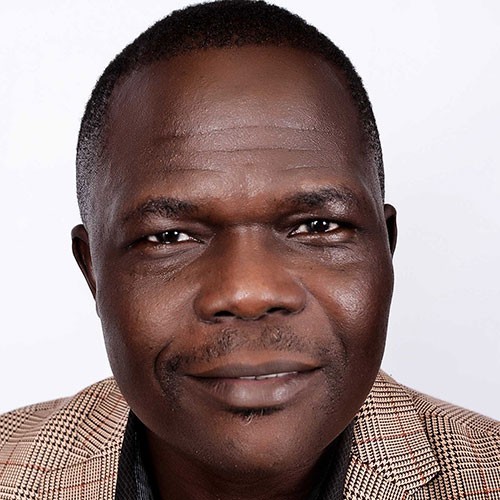
Two years ago, the sole healthcare facility in Kuduru, a village of 5,000 people in the middle of Nigeria, had lain abandoned since the turn of the century. It had no medical equipment, no electricity, no water, and the roof was caving in. But then citizens’ watch platform Tracka intervened to help the residents campaign for action, sharing Kuduru’s plight on social media platforms. The facility was renovated as a result, and as of February 2024 fully operational again.
Kuduru is an example of how the citizen watch initiatives that are springing up across the continent can revitalise public infrastructure and restart stalled projects. Over the past eight years, Tracka has monitored close to 18,000 projects and recorded over 3,500 success stories – Kuduru is just one of them – including new or renovated roads, hospitals, schools and boreholes following citizen reports.
Riding on its success in Nigeria, Budgit – the civic tech body that set up Tracka – intends to launch a Tracka platform in Ghana so citizens there can monitor and report on projects in their communities. The Ghanaian government has also recently launched the Performance Tracker website for monitoring the progress of public projects across the country. Likewise, the barazas in Uganda, UK-based Integrity Action’s work in Kenya, and the citizen-based monitoring system developed by the Department of Planning, Monitoring and Evaluation in South Africa are all based on the idea that citizens in recipient communities can be an excellent check on project delivery.
Big-budget duds
Citizen monitoring projects are an idea that should appeal to accountants across Africa, with their professional interest in resource efficiency and good public financial management. The continent is littered with abandoned, failed or failing public mega projects. They include continental highways that exist only on paper, dredging schemes with nothing to show but a few pieces of equipment left by contractors to lay claim to the construction sites, and economic empowerment projects whose effects never touch the intended recipients.
Examples include the Ajaokuta Steel Mill in Nigeria, which swallowed US$8bn before being abandoned in the 1990s (although the government now plans to spend about US$2bn to complete it). Among Ghana’s now abandoned mega schemes are the Saglemi 5,000-unit affordable housing project and the STX residential project. Meanwhile in Egypt, the Toshka scheme to build a 240km canal to carry water from Lake Nasser to irrigate part of the county’s Western Desert has run into the sand. And in South Africa, the Modderfontein Mega City failed as a result of reported ‘conflicting visions’ between the Chinese developer and the city of Johannesburg.
The failure of public projects in Africa stems less from poor design than poor implementation, mismanagement and corruption. Some of the delayed, poorly delivered or not delivered at all schemes have gulped stupendous amounts of public money, often funded by debt.
Accountants are key to ensuring projects are actually delivered
Custodians of delivery
Yet the fact remains that many of these projects are sorely needed. Whether they are infrastructure, economic or social projects, they are all intended to help drive development. A way needs to be found to ensure that those saddled with delivering these projects – politicians, contractors and project managers – do actually deliver them, and to the expected standards too.
That way is the province of accountants in the public sector, whose public financial management skills are key to holding projects on financial track and making the most efficient use of resources.
Combining that professional expertise at the public administration level with citizens’ project watch mechanisms at the community level could have a salutary nutcracker effect on the resource mismanagement that plagues the continent.
And if the professional accountancy bodies in Africa can also get involved in championing and extending the citizens’ watch platforms, using accounting and auditing skills to develop systems that promote the integrity of public projects, the accounting profession will be exerting a powerful force on both sides of the public finance nutcracker.
More information
For more on how accountants can help tackle global issues, read ACCA’s report, Accounting for a better world



